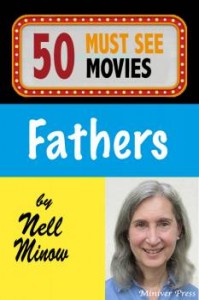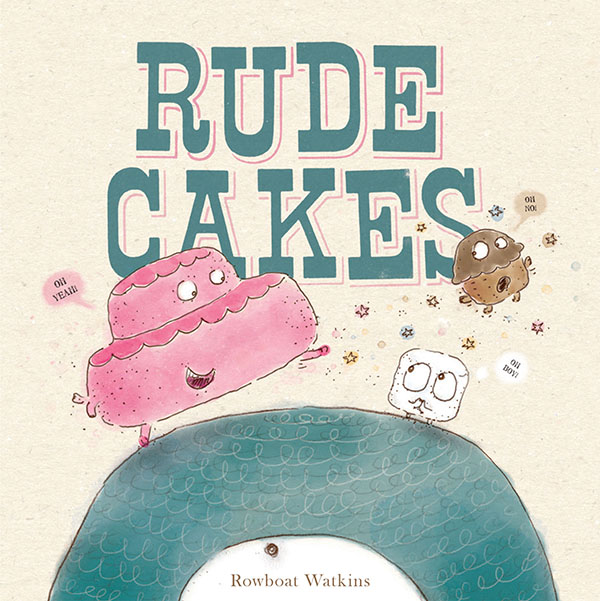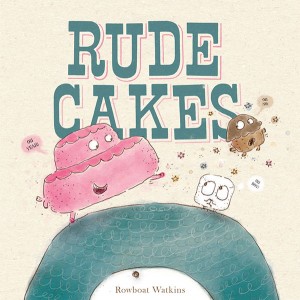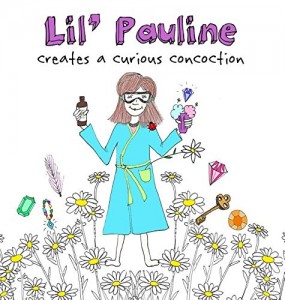My Ebook on Movie Dads is Free This Weekend for Father’s Day!
Posted on June 19, 2015 at 8:00 am
In honor of Father’s Day, my eBook, 50 Must-See Movies: Fathers is FREE through Monday, June 22, 2015.
 What do “Wall Street” and the “Star Wars” saga and, seemingly, about half the movies ever made have in common? They are about fathers. In “Wall Street,” Charlie Sheen plays the ambitious Bud, who respects the integrity of his blue-collar father, played by his real-life father, Martin Sheen. But Bud is dazzled by the money and power and energy of Gordon Gekko (Michael Douglas). The movie will up the ante with Bud’s father’s heart attack as we see him struggle between the examples and guidance of these two male role models.
What do “Wall Street” and the “Star Wars” saga and, seemingly, about half the movies ever made have in common? They are about fathers. In “Wall Street,” Charlie Sheen plays the ambitious Bud, who respects the integrity of his blue-collar father, played by his real-life father, Martin Sheen. But Bud is dazzled by the money and power and energy of Gordon Gekko (Michael Douglas). The movie will up the ante with Bud’s father’s heart attack as we see him struggle between the examples and guidance of these two male role models.
In “Star Wars,” Luke (Mark Hamill) does not know until halfway through the original trilogy that (spoiler alert) the evil Darth Vader is his father. He was raised by his aunt and uncle, who are killed very early in the first film, but the father figures who are most meaningful in his life are the Jedi masters Obi-Wan Kenobi and Yoda. Like Bud in “Wall Street,” Luke must choose between the good and bad father figures. Like Luke, Harry Potter is raised by an aunt and uncle, but he finds a true father figure later. For Harry, it is headmaster Albus Dumbledore. In opposition is He Who Must Not Be Named. Like Luke, Harry has the opportunity for great power on the dark side, but he lives up to the example set for him by Dumbledore.
The first stories ever recorded are about fathers. The central human struggle to reconcile the need for a father’s approval and the need to out-do him is reflected in the “hero of a thousand faces” myths that occur in every culture. In Greek mythology, Zeus is the son of a god who swallowed his children to prevent them from besting him. Zeus, hidden by his mother, grows up to defeat his father and become the king of the gods. Ancient Greece also produced the story of Oedipus, who killed his father and married his mother, and The Odyssey, whose narrator tells us “it is a wise man who knows his own father.”
These themes continue to be reflected in contemporary storytelling, including films that explore every aspect of the relationship between fathers and their children. There are kind, understanding fathers whose guidance and example is foundation for the way their children see the world. There are cruel, withholding fathers who leave scars and pain that their children spend the rest of their lives trying to heal. There are movies that reflect the off-screen real-life father-child relationships. Martin Sheen not only played his son’s father in “Wall Street;” he played the father of his other son, Emilio Estevez, in “The Way,” which was written and directed by Estevez, and which is about a father’s loss of his son. Will Smith has appeared with his son Jaden in “The Pursuit of Happyness” and “After Earth.” John Mills appeared with his daughter Hayley in “Tiger Bay,” “The Truth About Spring,” and “The Chalk Garden.” Ryan and Tatum O’Neill memorably appeared together in “Paper Moon.” Jane Fonda produced and starred in “On Golden Pond” and cast her father Henry as the estranged father of her character. Jon Voight played the father of his real-life daughter Angelina Jolie in “Tomb Raider.” And Mario Van Peebles, whose father cast him as the younger version of the character he played in “Sweet Sweetback’s Badasssss Song” made a movie about the making of that film when he grew up. It is called “Badasssss!” In the role of Melvin Van Peebles he cast himself.
Director John Huston deserves some sort of “Father’s Day” award. He directed both his father and his daughter in Oscar-winning performances, Walter Huston in “The Treasure of the Sierra Madre” and Anjelica Huston in “Prizzi’s Honor.”
Some actors known for very non-paternal roles have delivered very touching performances as fathers. Edward G. Robinson is best remembered for playing tough guys, but in “Our Vines Have Tender Grapes” he gave a beautiful performance as a farmer who loves his daughter (Margaret O’Brien) deeply. Cary Grant, known for sophisticated romance, played loving – if often frustrated — fathers in “Houseboat” and “Room for One More.” “Batman” and “Beetlejuice” star Michael Keaton was also “Mr. Mom.” Comedian Albert Brooks is a devoted father in “Finding Nemo.”
https://www.youtube.com/watch?v=2V74rUwMYHEThere are memorable movie fathers in comedies (“Austin Powers,” “A Christmas Story”) and dramas (“To Kill a Mockingbird,” “Boyz N the Hood”), in classics (“Gone With the Wind”), documentaries (“Chimpanzee,” “The Other F Word”), and animation (“The Lion King,” “The Incredibles”). There are great fathers (“Andy Hardy”) and terrible fathers (“The Shining”). There are fathers who take care of us (“John Q”) and fathers we have to take care of (“I Never Sang for My Father”). All of them are ways to try to understand, to reconcile, and to pay tribute to the men who, for better or worse, set our first example of how to decide who we are and what we will mean in the world.
https://www.youtube.com/watch?v=BadSZDpvq-s



